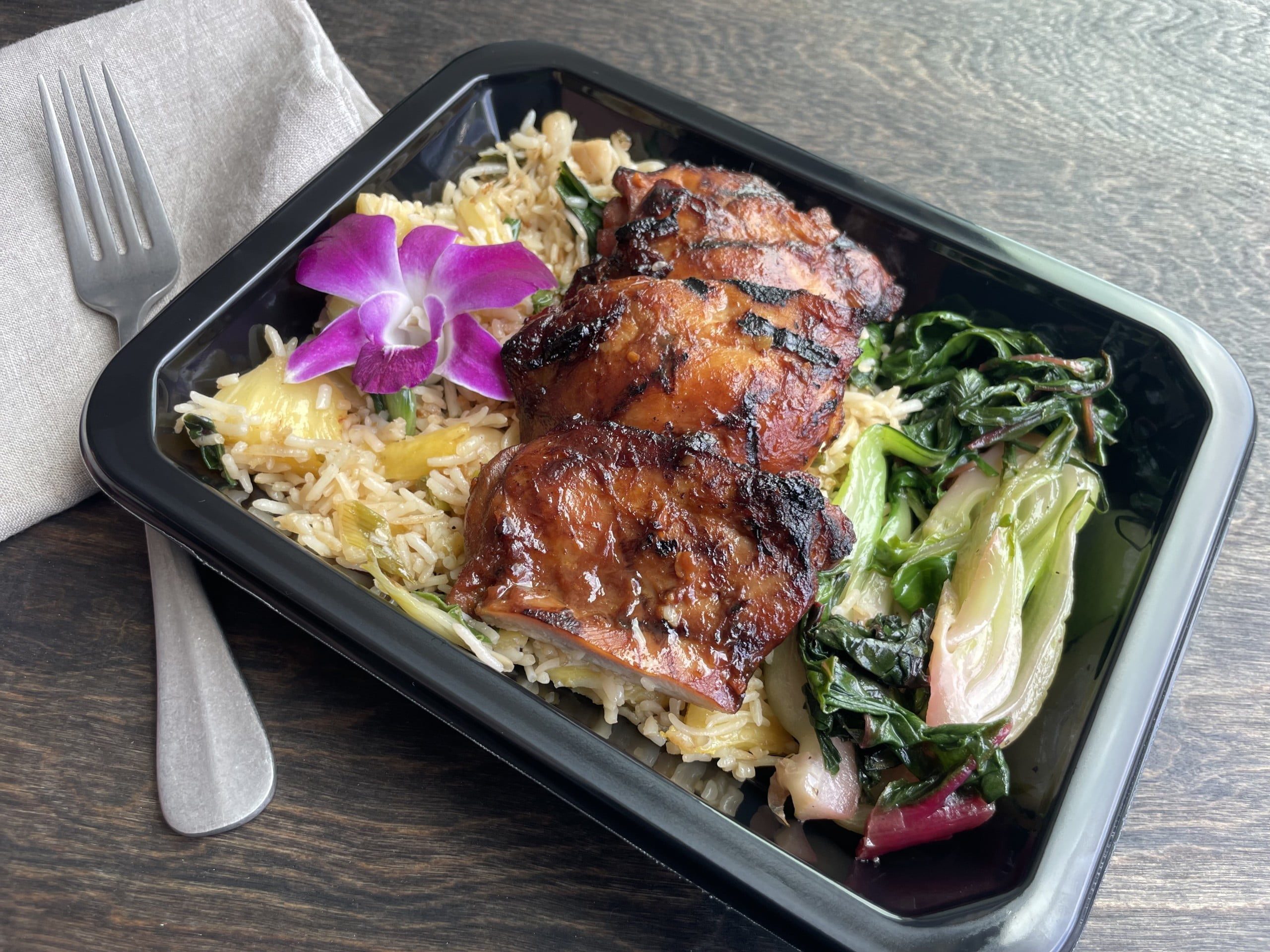
Take your tastebuds on a Hawaiian Vacation
Summer just got here, and this heat already has us dreaming of a sweet island getaway. That’s why this month we turned to the beautiful
Cart
No products in the cart.
NEW YEAR SALE ENDS IN
Spend $130, Save $15. Spend $170, Save $20. Spend $200, Save $30.
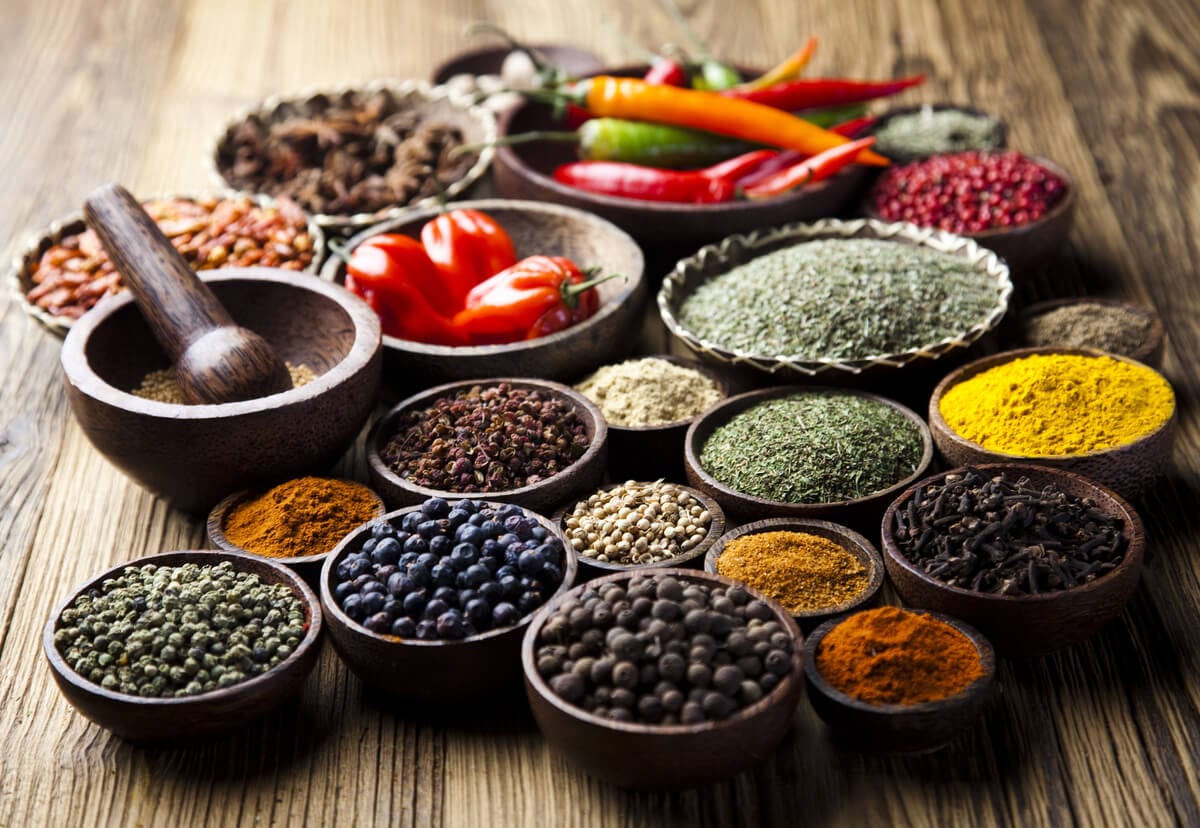
Houston’s hit a cold spell this week. With temperatures plummeting suddenly into the 50’s I’ve lit a fire and am suddenly in the mood to cook up a batch of soups and stews. When looking up recipes I stumbled upon some interesting theories about what we can eat and drink to help raise our body temperature. I also learned what ‘thermogenesis’ means…
Firstly, what is the theory behind it all? Megan Hall, Licensed-Registered Dietitian tells us that in general, foods that take longer to digest can help raise your body temperature and make you feel warmer. The medical term for this process is thermogenesis, which is the process of your body producing heat caused by food metabolizing. Look for food that is high in healthy fats, proteins and carbohydrates. Many of these foods are more complex and take longer to digest.
Red meat, such as beef, lamb and pork, is a good source of iron. Iron is an important mineral to help carry oxygen throughout your body. People with low iron may notice cold hands and feet or feel tired easily. In addition, eating red meat can also supply vitamin B12, which contributes to healthy nerves and a strong immune system.

In fact, lean beef, poultry and pork tenderloin all fit the bill while remaining low in saturated fat. Although there are plant-based sources of the nutrient, like iron-fortified cereals and beans, the body absorbs more iron from meat than it does from other sources. Don’t forget to add a tangerine into your spinach salad mix, since the citrus fruit helps your body to absorb the iron from your green leaves.
Bananas have a lot of vitamin B and magnesium, which are important for your thyroid and adrenal glands to function properly. These glands help regulate body temperature. Bananas can also boost your mood and preserve your memory, among other health benefits.

Sweet potatoes and other root vegetables need more energy to move through the digestion process, which raises your body temperature. High in vitamin A, vitamin C and potassium, sweet potatoes can add fiber and other nutrients to a warm winter meal. Research shows sweet potatoes are also good for eye health.
Butternut squash are a nutritious way to warm up on a chilly day. This fall food is packed with antioxidants, vitamins, minerals and other key nutrients. High levels of vitamin C and potassium offer a boost to your immune system and dietary fiber helps keep your digestive system healthy.

Start your day with a hot breakfast of oats or other types of porridge. Oats are a great source of whole grains and fiber. Fiber can improve your cholesterol and make you feel full. In addition to keeping you full and warm, oats are full of other nutrients.
Because of the fiber, whole grains and other complex carbs like potatoes and lentils require more energy to break down than simple carbs like cookies and white bread. This process not only keeps you fuller longer, but because the body is working so hard to digest your food, it may also increase body heat. Scientists in a 2011 study published in Nutrition found that thermogenesis increases after carb-rich meals.
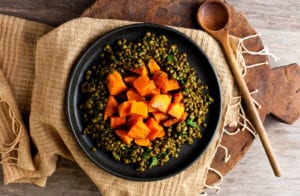
Despite popular belief, spicy foods like hot peppers won’t help keep you warm. Since they make you perspire they actually cool you down rather then vice versa. Cumin, on the other hand, generates less intense heat that will warm you up without drenching you in sweat. How it works is not known yet but scientists are working to understand the mechanism.
If you find fresh ginger too pungent, you could be missing out on some body warming benefits. A 2012 study published in the journal Metabolism found that the spice enhances thermogenesis. Furthermore it is known to be good for digestive health and is a diaphoretic, which means it will help your body warm from the inside out. Keeping you warm is only one of the many health benefits of drinking ginger tea.

Honey is warm in nature and its regular intake helps in keeping the body warm, too. Moreover, it is great for keeping colds, coughs and flu at bay as it strengthens our immune system. So sip on some honey in hot water or have a spoon of honey daily, first thing in the morning to keep yourself warm.
Coconut oil is packed with medium-chain triglycerides (MCTs). These dietary supplements promote thermogenesis. According to 2018 research in PLoS One, MCTs raises body temperature by burning away belly fat. Another study in The American Journal of Clinical Nutrition discovered that MCTs help people feel fuller after a meal. Therefore, not only will you feel satisfied for longer, but you’ll feel warmer for longer after consuming coconut oil.

One of the benefits to drinking coffee is the caffeine. Caffeine increases your metabolism, which can raise your body temperature. Technically, iced coffee can be even better because it has more caffeine. However, if you can’t give up the warm cup of coffee in your hands, you’ll still get the benefits from a hot cup of coffee.
When it comes to tea, green tea may produce the best body-warming effects. While green tea has caffeine, it also contains flavonoids called catechins. According to the Journal of the Indian Society of Periodontology, these flavonoids stimulate both the body and brain waves. This brain stimulation creates a state of calm awareness. In other words, you receive the benefit of caffeine without excessive sweat or jitters. If you ‘re sick and shivering, these catechins can directly kill the bacteria and viruses, according to the same research.
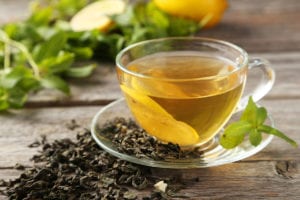
A simple way to help your body stay warm this winter is to drink water. Water keeps your body functioning at its best and helps regulate your internal temperature. Dehydration causes your core temperature to drop, which may lead to hypothermia. People are less likely to drink water when it’s cold outside because they don’t feel as thirsty, according to Summit Medical Group. You may want to carry a water bottle with you to serve as a reminder.
You may follow the old adage that a shot of whisky can keep you warm. However, whisky and other kinds of alcohol actually lower your body’s core temperature. You may feel warm at first but it will be hard to stay warm over time. Alcohol also impairs your ability to shiver, which is a natural response to raise your body temperature. To stay warm this winter, avoid drinking alcohol at tailgates at other outdoor events.
Feeling chilly? Check out our Eatflavorly menu for some warming dishes from around the world that won’t leave you shivering!
https://www.eatthis.com/6-foods-that-keep-you-warm/.
https://home.bt.com/lifestyle/food/food-latest/5-foods-that-can-help-keep-you-warm-during-winter-11364010601671
https://www.health.com/food/12-superfoods-that-warm-you-up
https://timesofindia.indiatimes.com/life-style/health-fitness/diet/5-foods-that-can-keep-you-warm-in-winter/photostory/72279460.cms
https://spoonuniversity.com/lifestyle/13-foods-to-warm-you-up-all-winter-long
https://www.scoopwhoop.com/healthy-foods-to-help-keep-you-warm-in-winter-cold/
https://www.healthygem.com/nutrition/foods-that-are-scientifically-proven-to-warm-you-up/?view-all&chrome=1

Summer just got here, and this heat already has us dreaming of a sweet island getaway. That’s why this month we turned to the beautiful
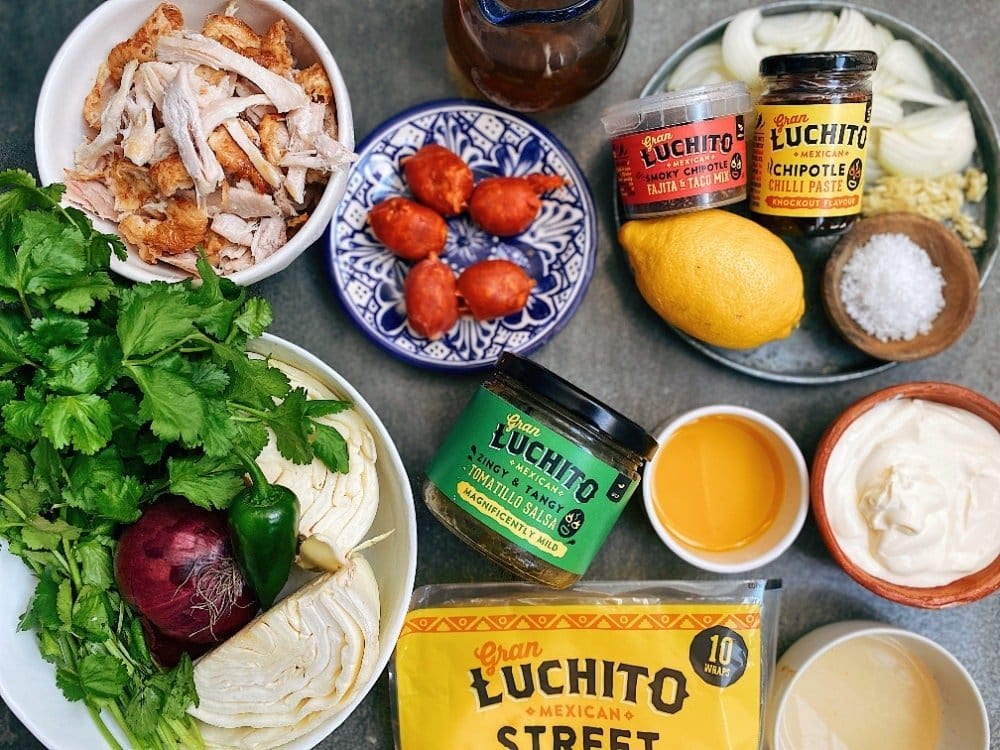
Check out how EatFlavorly utilizes Mexican meats and so many more in our scratch-made meals over at Our Menu! With Cinco de Mayo

National Earth day is approaching on Thursday April 22nd. Today, not only is Earth Day a day meant to increase awareness of environmental problems, but
The convenience of home meal delivery is undeniable. Getting food delivered to your door that does not require cooking or cleaning is a huge time-saver.